Film Society of Bhubaneswar - Promoting Cinema and Conversation
Bhubaneswar, our quaint little town that is rapidly growing and stretching beyond the map, has new additions to its social hub every day, a new café, or a mall. With its increasing and vibrant population, there has been a need for a space where we can talk about ideas. Ideas that liberate us, ideas that make us aware of the happenings of the world, and ideas that force us to think. In this age, myriad platforms provide us with ‘news’ but how often do you come across stories that matter?
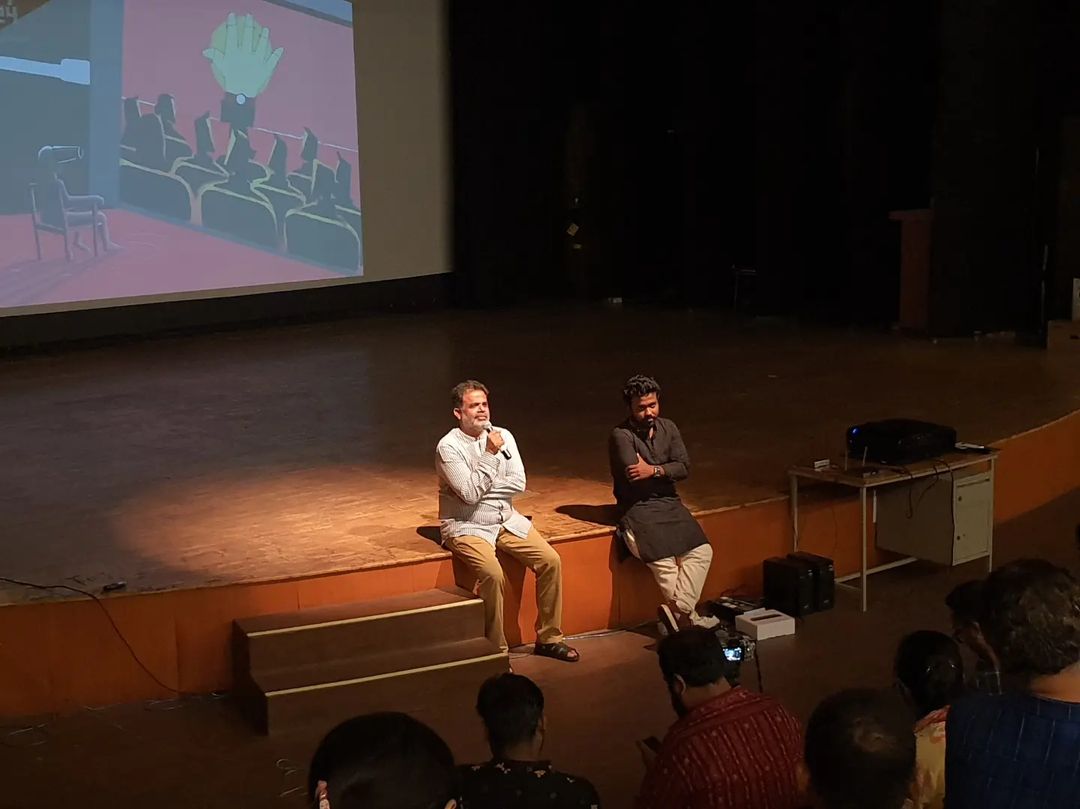
FSB and IDFFB 2023, Celebration of Documentaries
Since 2004, the Film Society of Bhubaneswar has built a space for film enthusiasts and lovers of the medium. With its weekly screening, film, and documentary festivals, and even a recent addition, the Children’s Film Festival. FSB stands as a stalwart organisation that has brought over 500 distinct cinemas to the audience of Bhubaneswar, with its selection spreading across several genres. Its most recent addition to the list of festivals is the fourth edition of the Indian Documentary Film Festival held in the last month.
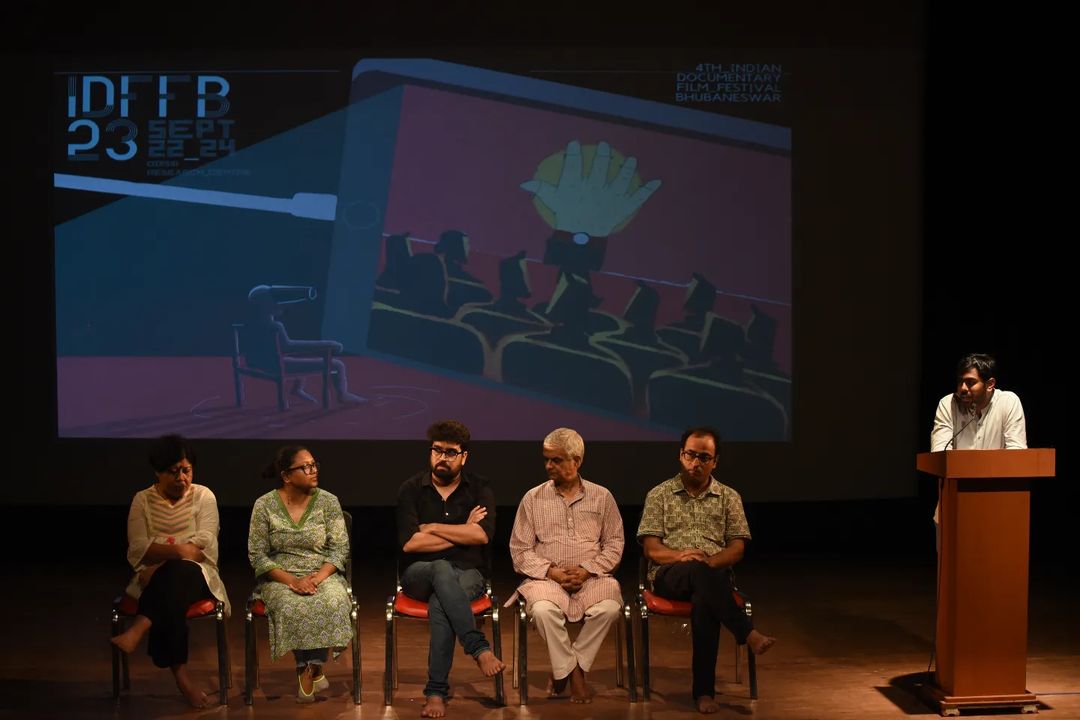
With the usual selections of incredible independent cinema, IDFFB 2023 brought documentaries from across the world. With interactive sessions with the directors, it brought a wholesome viewing experience. Most of the screenings were followed by a Q&A with the filmmakers which helped the audience to delve into the nitty gritty of the subject covered. So Film, in its unyielding pursuit of truth, becomes a powerful instrument of discourse. We do more than witness the unfolding of narratives; we partake in a dialogue that transcends language and borders. Art converges with politics, and the celluloid canvas becomes a canvas for societal introspection. In the midst of the screening room, we engage in conversations that are as revolutionary as the films themselves—dialogues that spark change, ignite passion, and set ablaze the corridors of our collective imagination.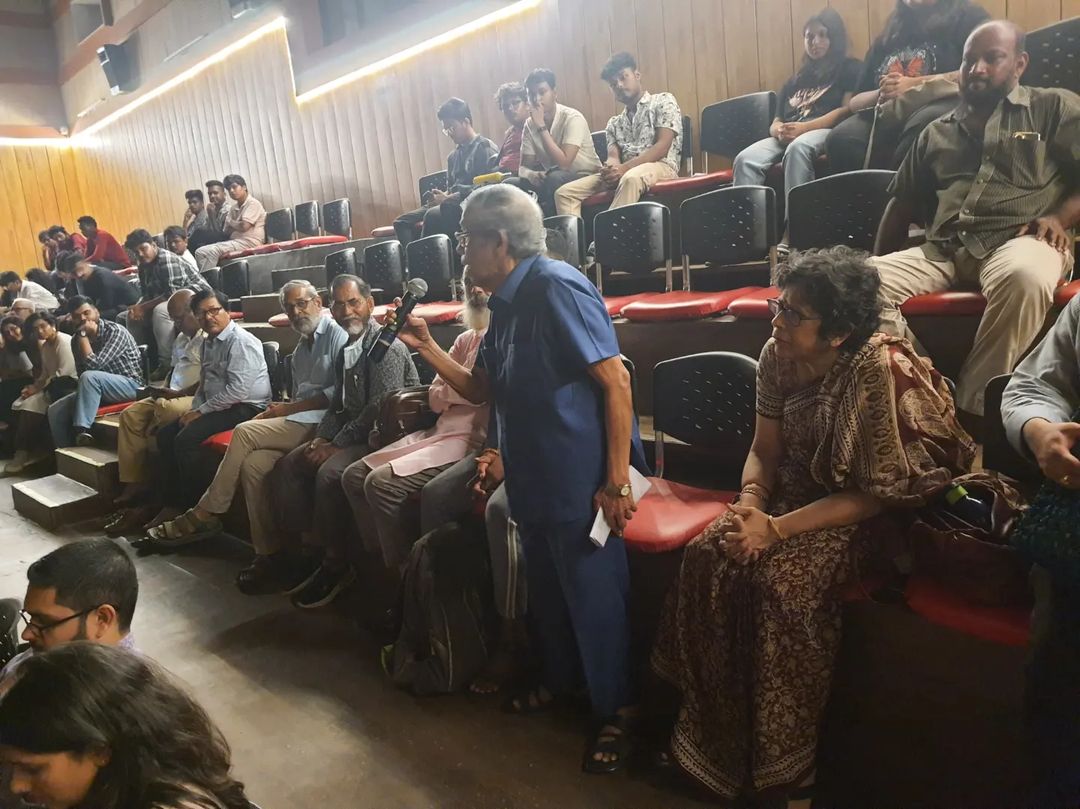
Art, Politics, and Everything Beyond
In the itinerary of three days, several instances of resilience and fight were seen in the screenings, from the farmer’s protest to the unempathetic trans representation. “Too Much Democracy” by Varrun Sukhraj screened on the last day of the festival is a detailed account of a year-and-four-month-long struggle. This struggle happened in the blazing sun and pouring rain, and it eventually led to those laws being cancelled. In Sukhraj's documentary, he cleverly puts together different things to show how they contrast. For example, he shows clips from some news channels that supported the government and criticized the protesters. They even questioned where the protesters were getting their money. But then, he shows heartwarming scenes of farmer groups bringing food and other important things every day using tractors. He also shows scenes from a community kitchen where anyone, no matter their religion or caste, can get food. The documentary also shows how these temporary setups turned into a permanent system with shops, medical stores, and even salons for the people in the protest. Another documentary, "Chardi Kala - An Ode to Resilience" by Prateek Shekhar, takes a similar path. It shows how people organized themselves and stayed strong during this long fight.
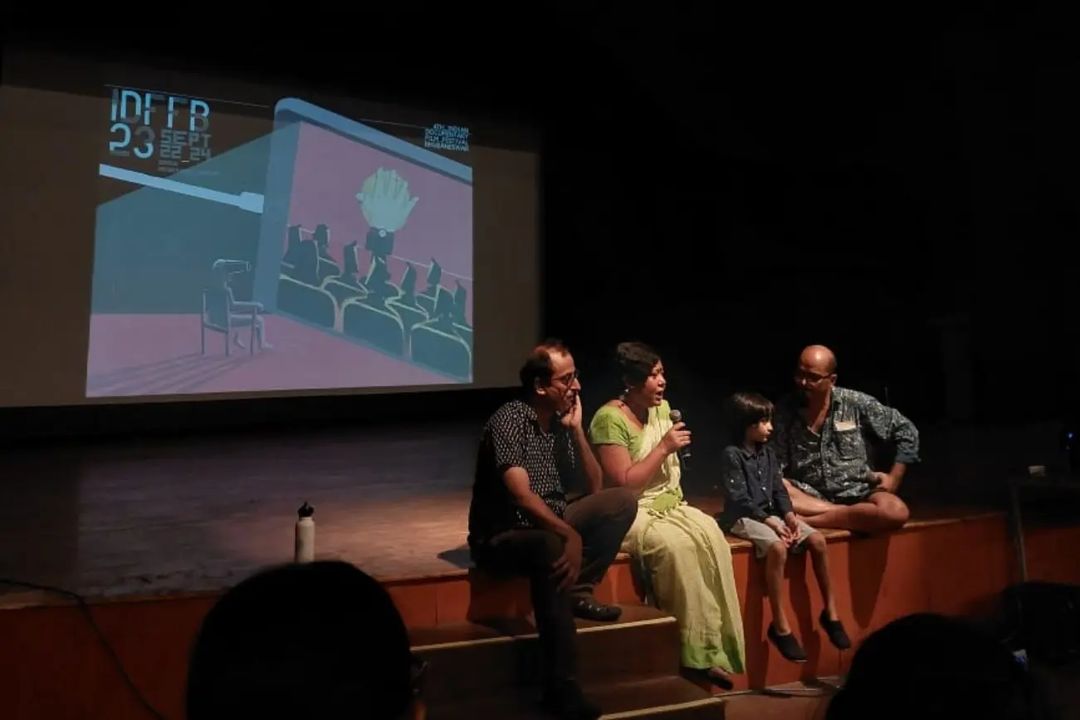
"Beyond the Blues," a documentary directed by Debalina Majumder, is a compelling exploration of the real-life struggles faced by transgender individuals in India, particularly in the realm of onscreen representation. The documentary centers around the lives of two transgender men, Neel Ghosh and Shamu, offering an intimate glimpse into their experiences and journeys. In a poignant closing scene, Neel expresses his transformation from feeling "cursed" in a female-assigned body to considering himself "blessed" as a trans man, offering a testament to his resilience and self-acceptance. "Beyond the Blues" challenges preconceived notions and stereotypes surrounding LGBTQIA+ lives, emphasizing the intersectionality of gender and sexuality with caste, class, religion, and geography. The documentary takes a political stance, providing a comprehensive view of lived experiences.
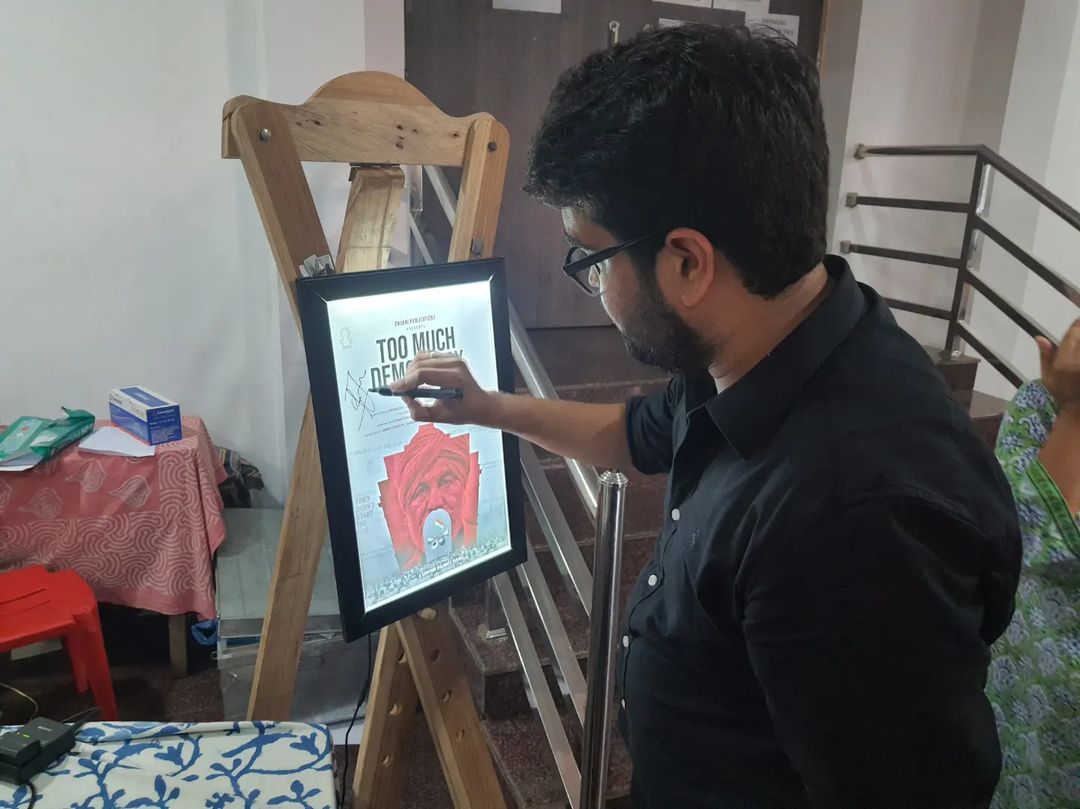
"A Rifle and A Bag" is a remarkable documentary crafted by the creative trio of Isabella Rinaldi, Cristina Hanes, and Arya Rothe from the NoCut Film Collective. The film delves into the intricate lives of Somi and Sukhram, former Naxalite insurgents, as they navigate the complex challenges of civilian life in rural India. Somi and Sukhram, once fervent Naxalite rebels, now grapple with the paradox of peaceful existence. The film lays bare the bureaucratic obstacles and societal biases that continue to haunt them as they strive to provide a secure future for their family. Their journey, from enrolling their son in school to obtaining essential caste and tribal certificates, is portrayed with arresting authenticity, underscoring the price paid for abandoning revolutionary ideals. The documentary's unhurried and intimate approach is particularly noteworthy. The directors employ extended, contemplative shots that invite the audience to immerse themselves in the lives of the protagonists.
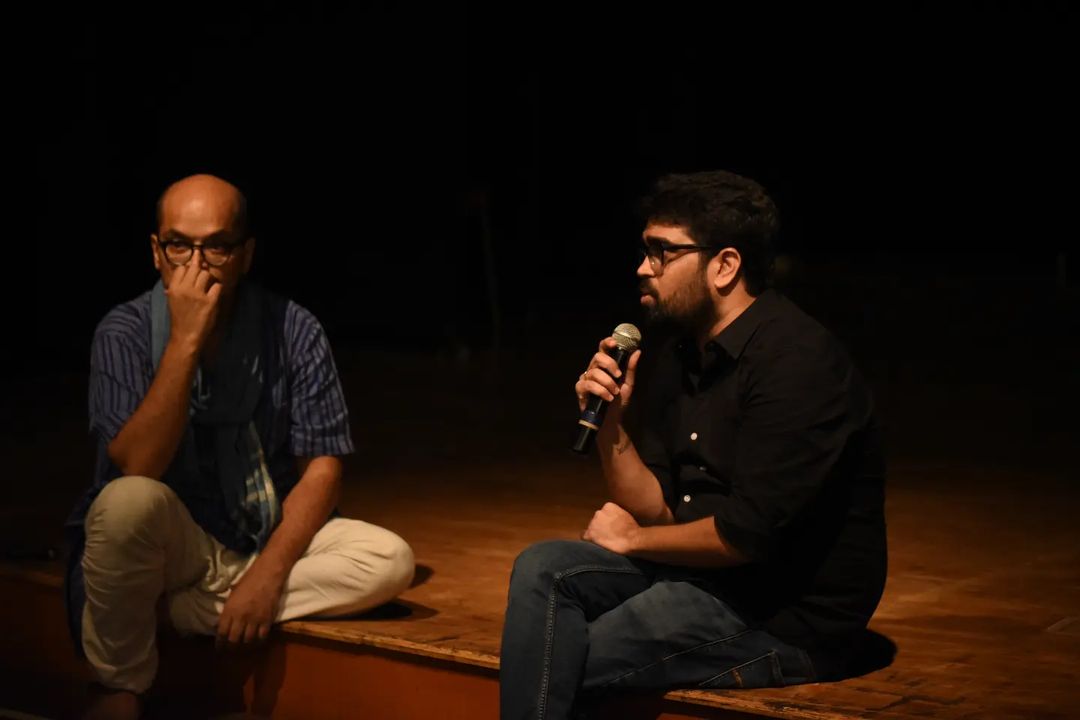
Miriam Chandy Menacherry, a Mumbai-based filmmaker celebrated for her unique storytelling, embarked on a haunting journey. It all began with a simple yet chilling image - the silhouette of a girl on a wall, accompanied by the stark message "#missingirls" and a staggering statistic: every 8 minutes, another child vanishes. This powerful public art project, crafted by artist Leena Kejriwal, awakened Miriam to the grim, hidden world of child sex trafficking in India, leading her to create her most challenging documentary yet, "From The Shadows." Miriam's documentary takes us deep into this heart-wrenching domain through the lives of two indomitable women. One is Leena, a steadfast ally of Samina, who wages an unyielding battle against her traffickers, some of whom hail from her own village. The other is the activist Hasina Kharbhih, devoted to aiding trafficked girls in their return to Bangladesh, their homeland. Miriam masterfully weaves their stories, shedding light on the emotional and physical struggles of survivors, their gruelling journey towards justice and healing, the urgent need for awareness among vulnerable communities, and the vital role of the state in this harrowing fight. Miriam is convinced that Indian documentary filmmaking is currently experiencing a renaissance, gaining international recognition for its compelling narratives. Despite India's penchant for fiction films, documentaries are now seizing the limelight. Mirriam’s “The Leopard’s Tribe,” a short film spotlighting an Adivasi family in Mumbai's last green space, Aarey was also screened in the festival giving us a chance to delve deeper into her filmmaking.
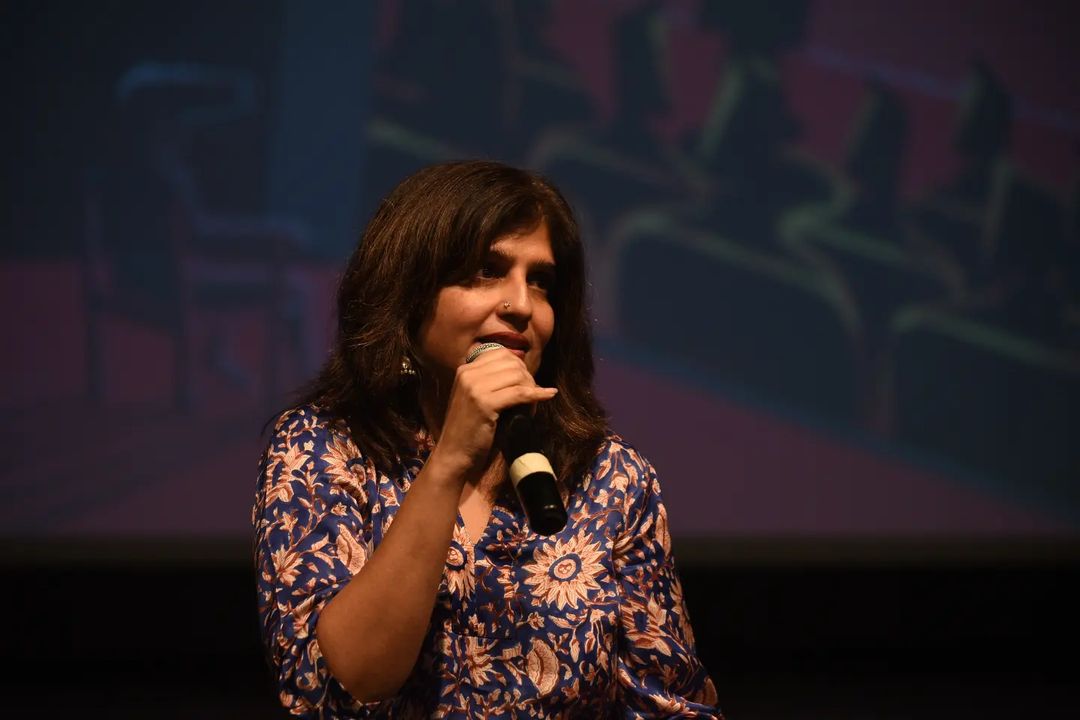
Power of the Medium
Films are more than a symposium of ideas, the stories hold the power to change the trajectory of art and beyond, and the narratives become history, and the audience has the power to deliberate about it.
Let us not forget the potency of film. Let us cradle these stories close, sharing them far and wide. Let us be catalysts of transformation, carrying forth the torch of a new era. For in cinema, as in life, each frame is an opportunity, each narrative a silent revolution waiting to be heard. And occasionally, just occasionally, after the experience and the lights come up, we find ourselves in a better space. They remind us that even in the bleakest of hours, hope lingers. They underscore the significance of our voices and stories.
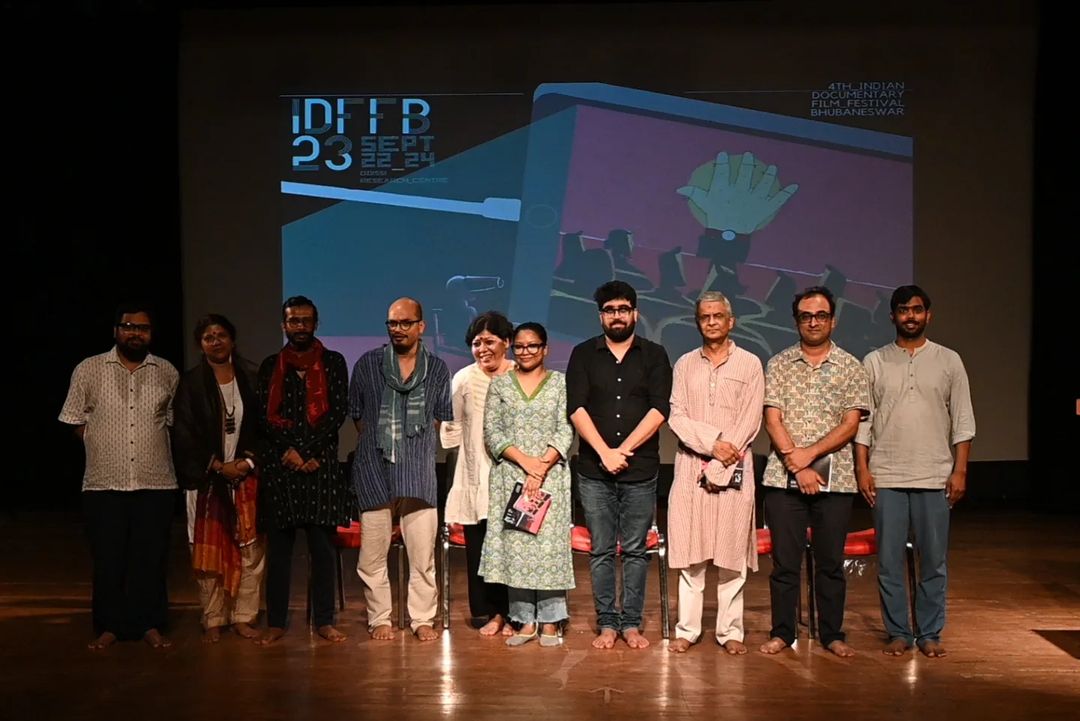

Author: Kshirabdhi Tanaya Patra
Kshirabdhi is a literature and cultural enthusiast, with interest in gender and politics.
Read more from author


 copy.jpg)